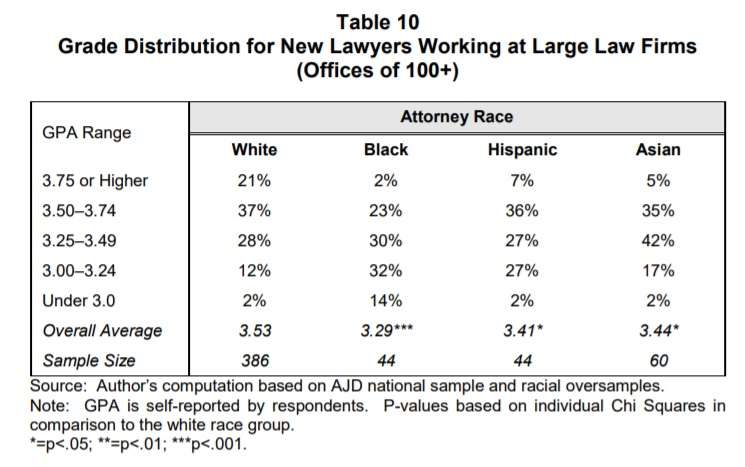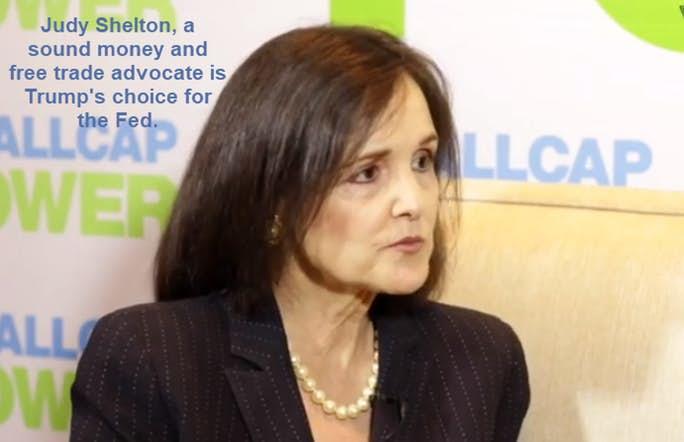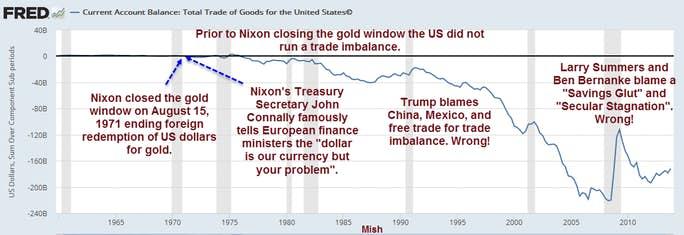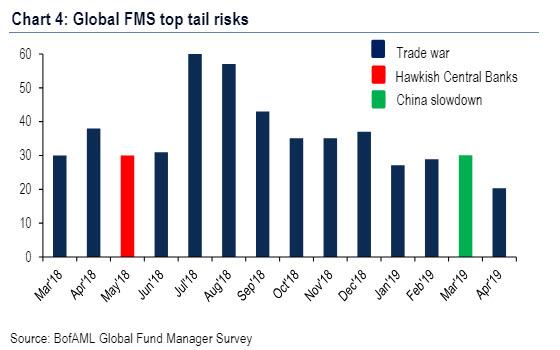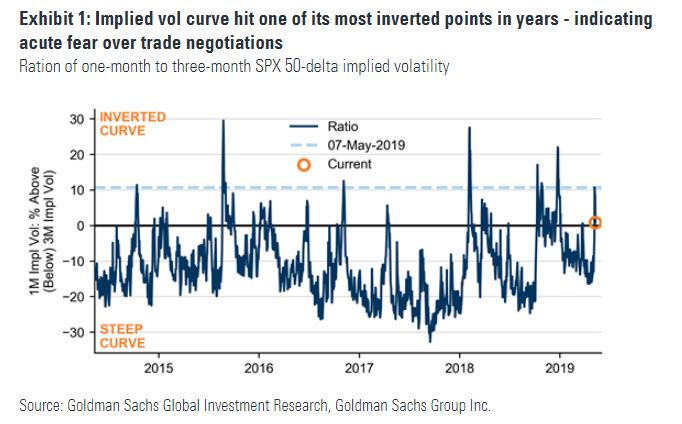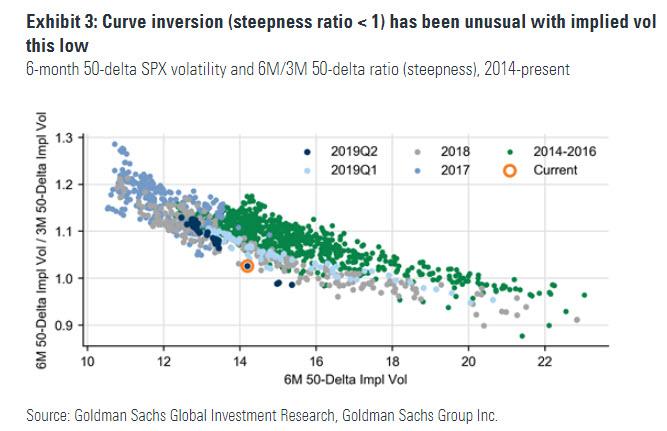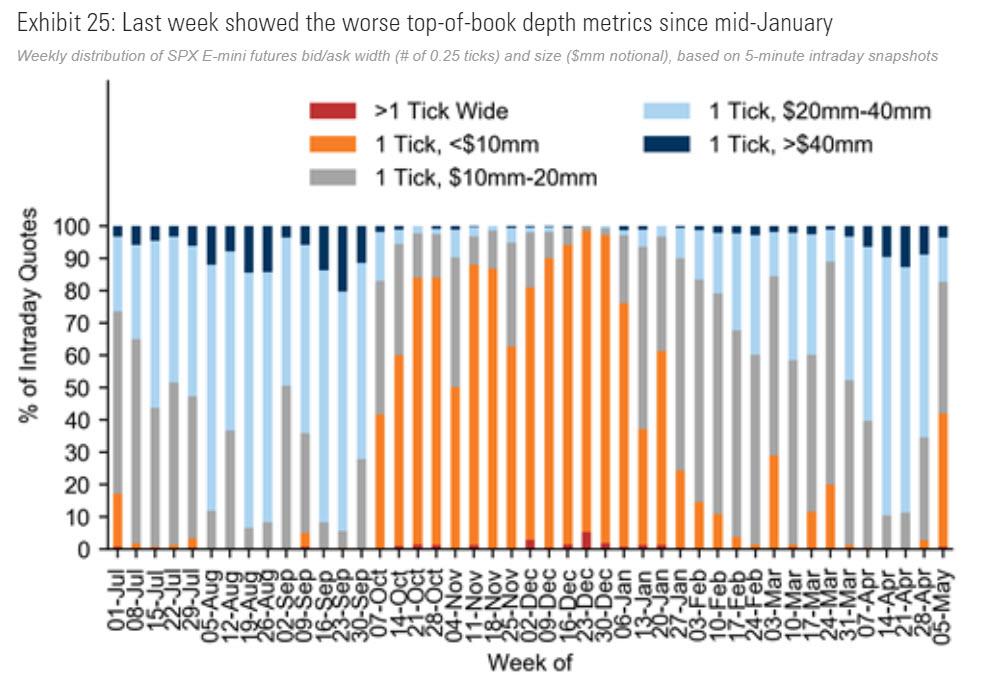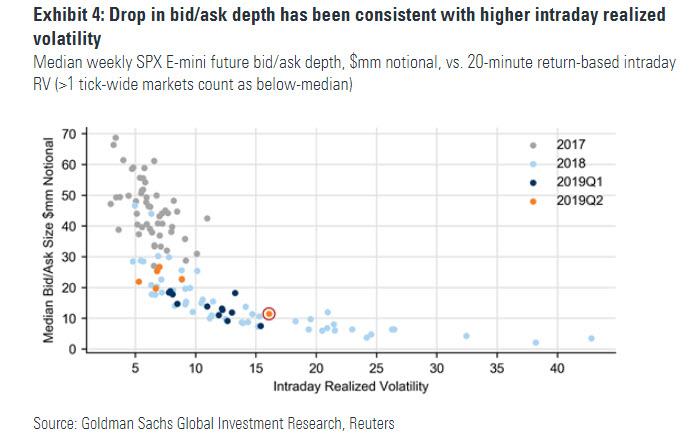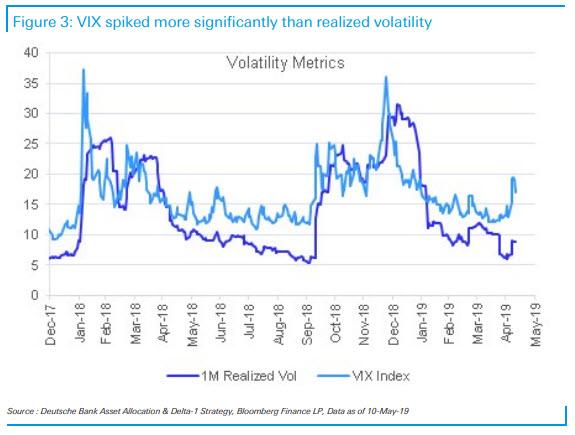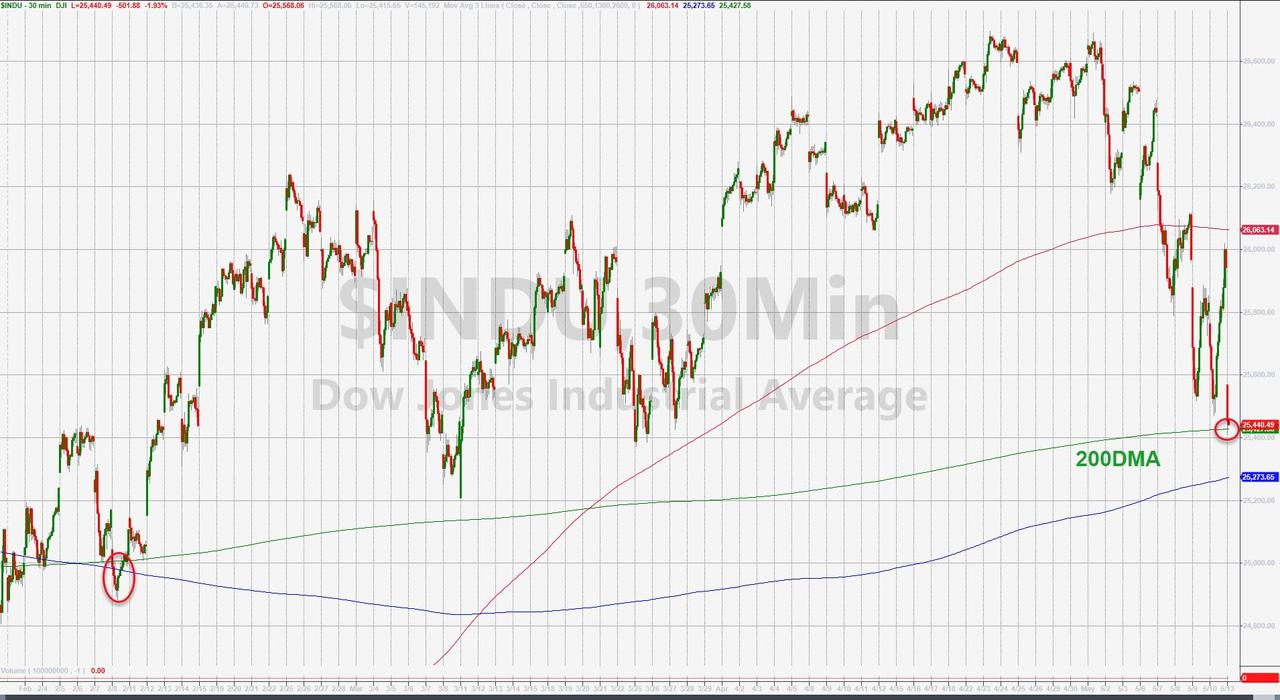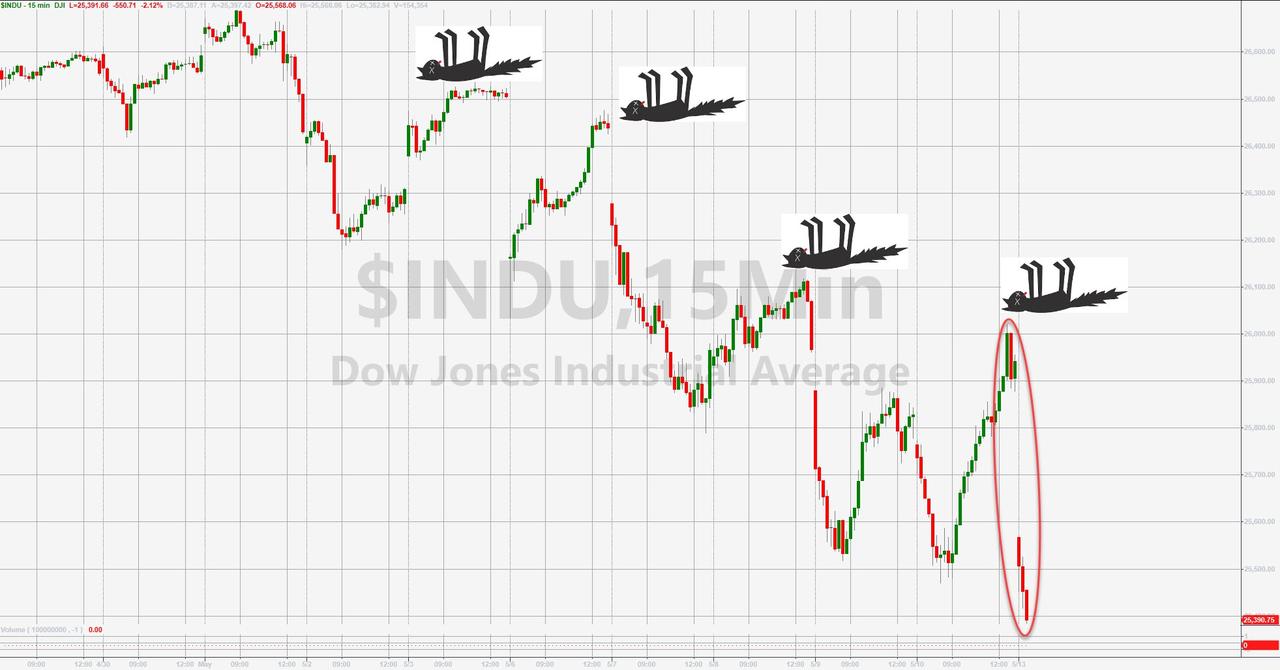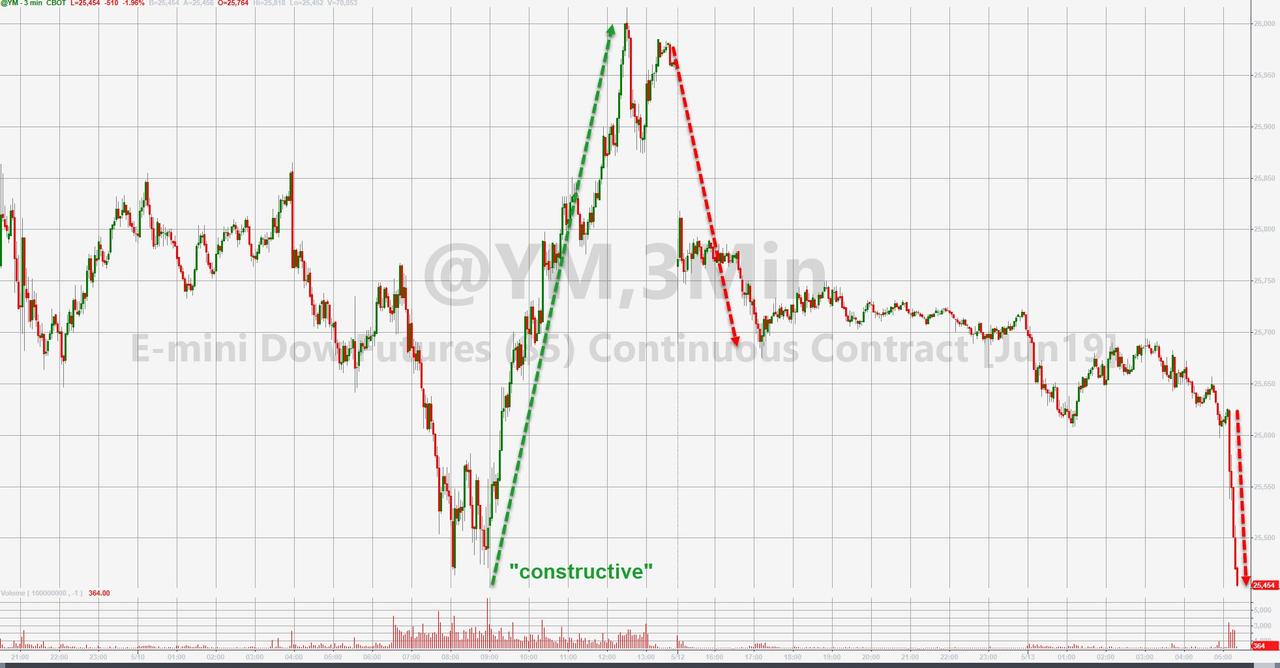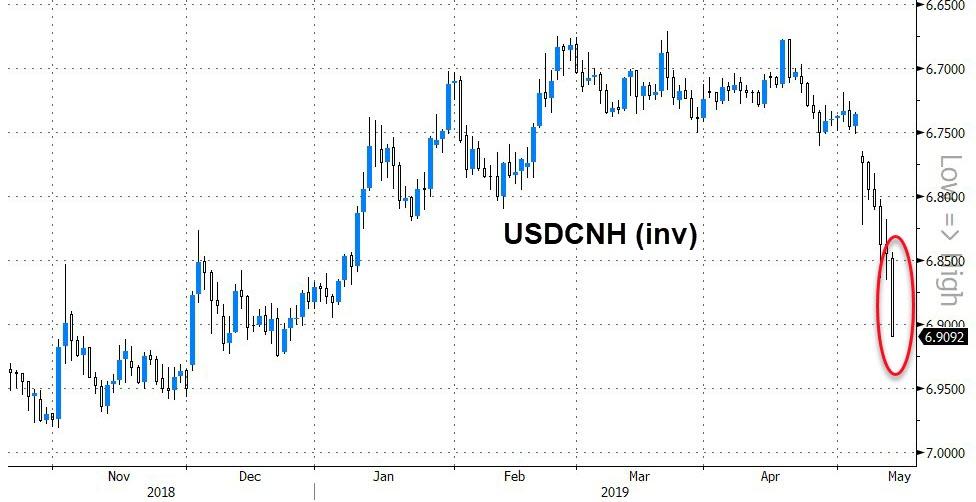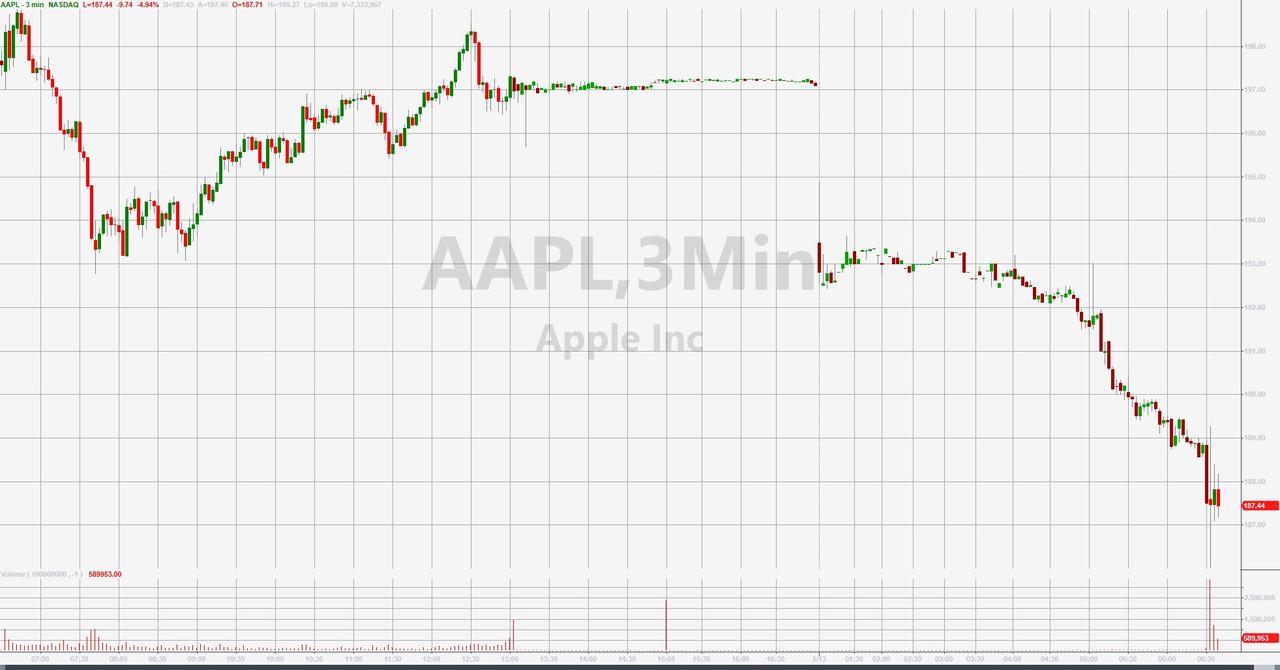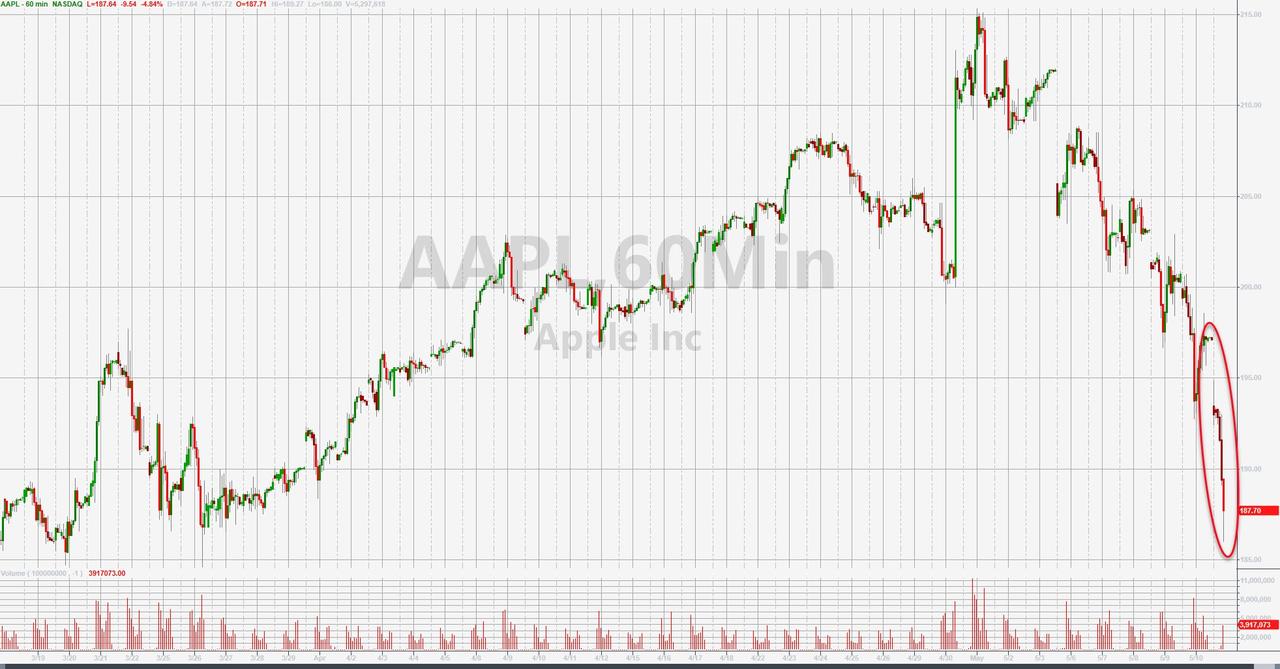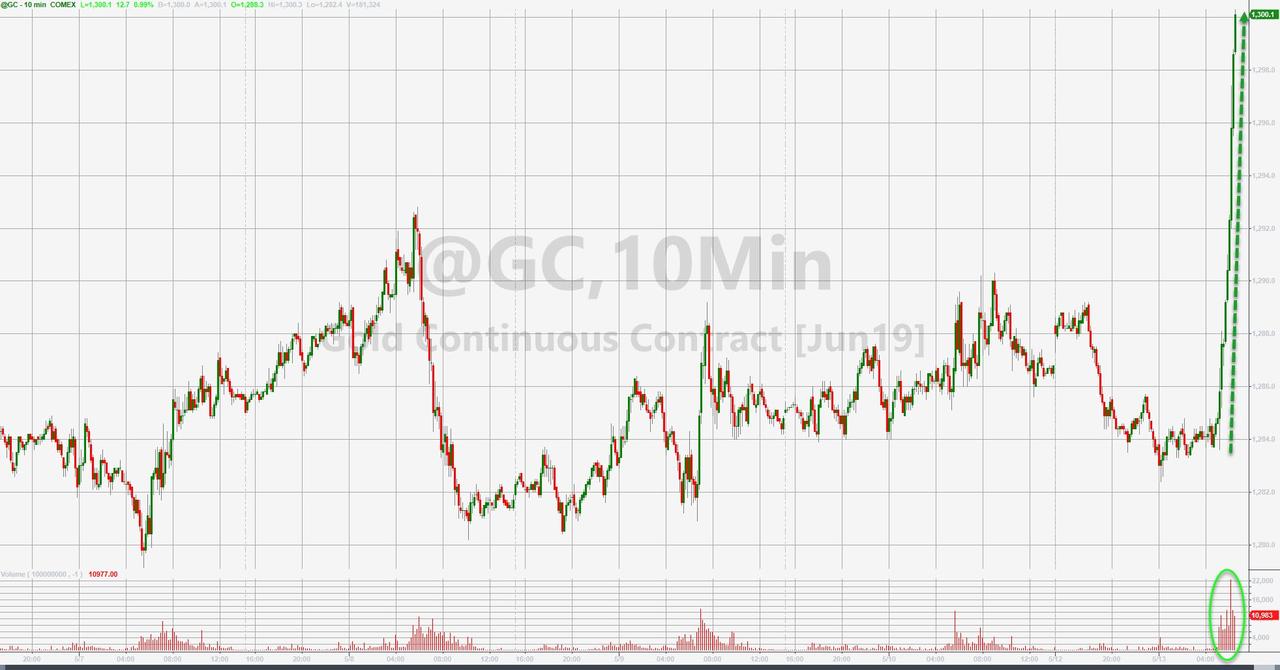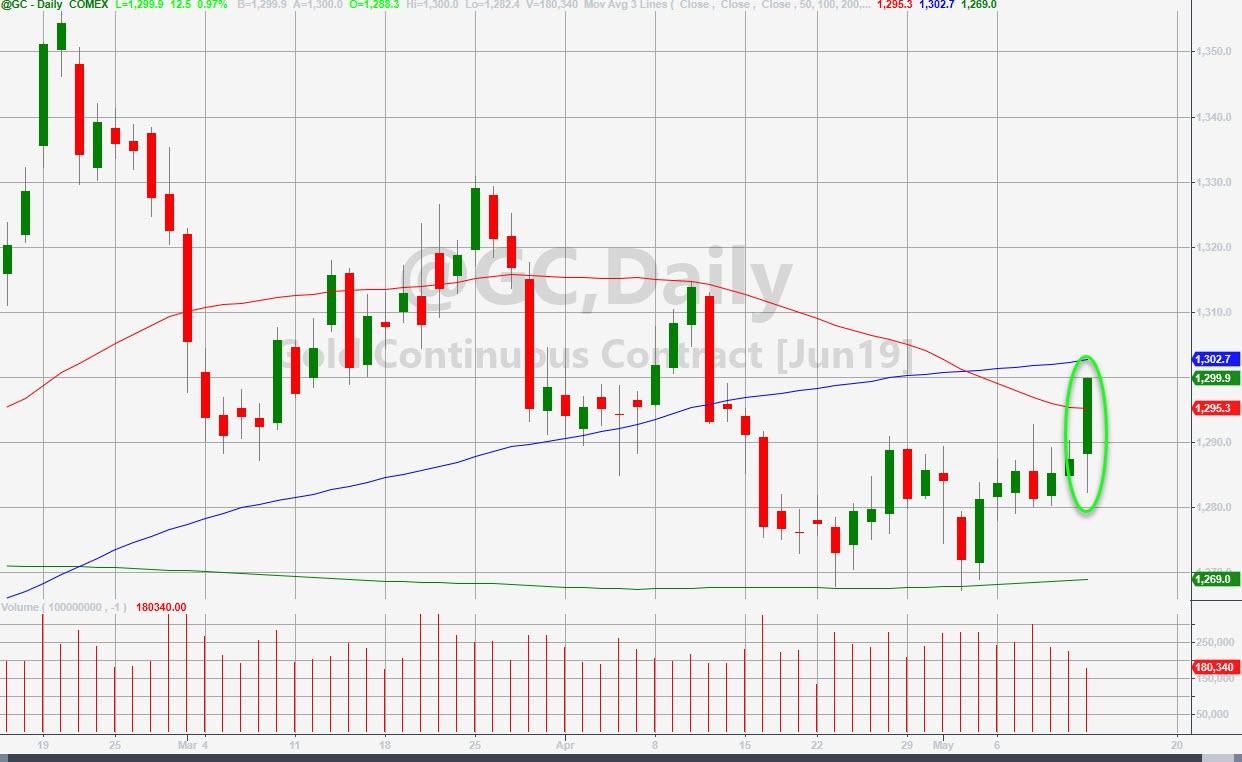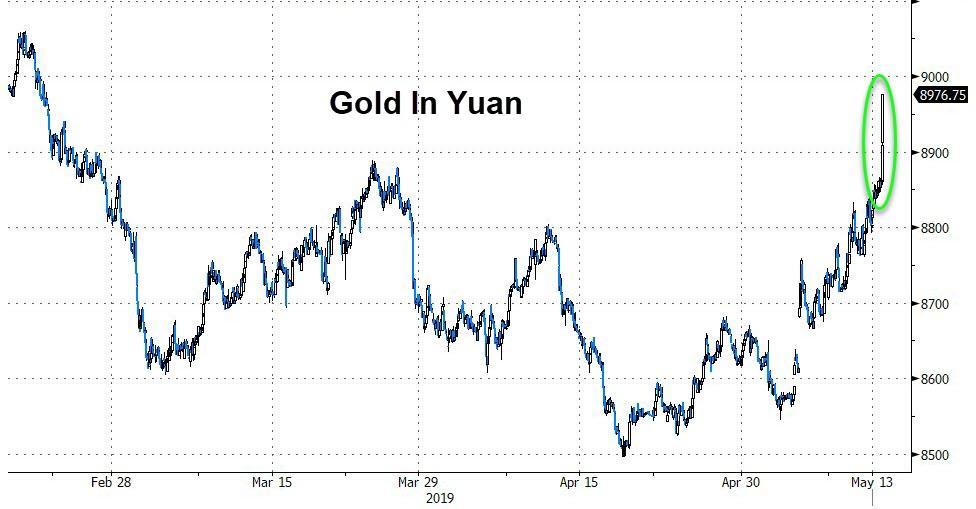Maybe journalists are just confused. Maybe some are partisan hacks trying to rehabilitate Kamala Harris’ image for her. Either way, there’s been a rash of recent pieces suggesting that the Democratic senator from California and 2020 presidential candidate has revised her tough-on-crime tactics and stances. And almost every time they talk specifics, it turns out to be wrong.
First, the headlines told us that Harris wants to decriminalize prostitution. Pressed on CNN in April, Harris made clear that this wasn’t so.
We were also told last month that Harris “regrets” the truancy laws she helped pass—first in San Francisco and then statewide in California—to criminalize parents if their kids miss school. Headline after headline made it sound like she’d had a genuine change of heart. But all Harris actually said was that she stands by her efforts but regrets that some parents were arrested under the law, saying this “was not the intention.”
But prosecution of parents was the express purpose of these laws. These arrests were no more an unintended consequence than arrests for breaking the laws against burglary or sexual assault. Sure, it would be nice if no one committed these crimes and no arrests had to be made under the laws prohibiting them. But arrests are by no stretch of linguistics an unintended consequence in any case.
In any event, Harris explicitly defended her truancy crime laws—and lied about them—in an interview with Jake Tapper on CNN that aired Sunday. Harris told Tapper, falsely, that “not one parent was sent to jail” because of her initiative:
TAPPER: Well, you pushed for a statewide law, right, a statewide truancy law.
HARRIS: And the state…
TAPPER: And people were thrown into jail under that law.
HARRIS: Not by me.
TAPPER: Not by you, but you supported the law.
Of course they weren’t literally put in jail by Harris, who was attorney general of California when the truancy law was enacted and not an arresting officer. Yet no common understanding of “no one was sent to jail” means People were sent to jail, but they weren’t personally put there by the attorney general. Again, we see Harris trying to rewrite her record and history.
Regardless, avoiding actual jail time doesn’t make prosecution painless. Parents charged under the truancy law were still arrested and put through long and embarrassing ordeals, even when students had very legitimate reasons for missing school. You can read about one of these parents in this HuffPost piece, “The Human Costs of Kamala Harris’ War on Truancy.”
Harris admits in the CNN interview that she had a homeless mother of three who was working two jobs arrested when her kids missed school—but she insisted that this was for the woman’s own good. (The idea that having to take time off work to meet with prosecutors and judges, pay court fees, and take mandatory parenting classes actually helped this overworked and indigent mother and her family is the kind of logic that only a cop or politician can love.) Arrest allowed them to get the homeless woman the services “that she needed and didn’t know was available,” argued Harris.
That’s a refrain we often hear for why it’s important to arrest homeless people, drug users, minors in the sex trade, adult sex workers, and members of many other groups whose “crimes” are not against others but against themselves or “society.” And it’s always bullshit. Incarceration, a criminal record, fines and fees, etc. don’t help anyone, and they’re regressive in that they hurt the hardest the poorer and more marginalized someone is.
There are always better ways to get people services they need. And when caging someone or threatening to is the only way to get them to accept your “help,” it’s probably a good time to rethink how helpful you’re actually being.
FREE MINDS
San Francisco reporter Bryan Carmody woke up to police officers bashing in his door on Friday morning. A few weeks prior, Carmody had refused to give police the name of his source for a story on the death of San Francisco public defender Jeff Adachi. Now police were back with a warrant to search his home.
Carmody “wasn’t about to give up his source on Friday either, despite the escalation—not to the police or two FBI agents in suits who questioned him about the case,” The Washington Post reports:
“I’m smart enough not to talk to federal agents, ever,” Carmody said. “I just kept saying ‘lawyer, lawyer, lawyer.'”
So he stayed handcuffed for the next six hours, he says—a certificate of release from the police department that he distributed says he was in custody from 8:22 a.m. until 1:55 p.m.—as investigators searched his home, then his office, where they found the report in a safe. A search warrant filed in the case notes that it was issued as police investigated “stolen or embezzled property.”
“There’s only two people on this planet who know who leaked this report—me and the guy who leaked it,” Carmody said.
The raid on Carmody’s home and office drew wide First Amendment-related attention in the Bay Area over the weekend. And it added a new twist to the intrigue that surrounded the death of Adachi, who had built up a high profile as a public defender in the 16 years he had held the office.
The only elected public defender in California, Adachi was known as an watchdog on police misconduct. His death, on Feb. 22, at the age of 59, was attributed in early reports to a heart attack.
Then more information came to light.
FREE MARKETS
China is targeting free market economists. Researchers with the Unirule Institute of Economics have been harassed for months, reports Bloomberg:
Unirule is the brainchild of Mao Yushi, a respected 90-year-old economist who was among the first scholars to spread free-market ideas such as deregulation and privatization within China. Until recently, the think tank was one of the country’s more influential nongovernmental organizations, benefiting from the relative liberty granted to economics since the rule of Deng Xiaoping, who once declared that he didn’t care “if the cat is black or white, so long as it catches mice.” So long as they stayed mostly clear of politics, scholars were free to discuss Western thinkers and how their ideas applied to China. The result was a vibrant intellectual community that interacted with government decision-makers, providing data-driven reality checks for officials with little experience outside the Communist Party.
That space has shrunk drastically under President Xi Jinping, who has forcefully reasserted the party’s power and the state’s economic role, and has attacked the civil society that emerged under his predecessors.
QUICK HITS
from Latest – Reason.com http://bit.ly/2W4awLy
via IFTTT
